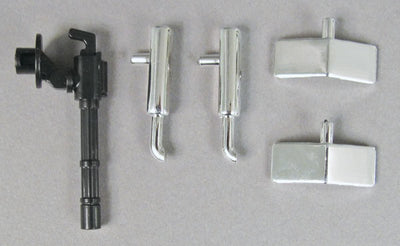Shop
New at Auto World
ExclusivesPre Order ItemsClearance Items
Gift CardAbout usNewsContact UsWishlistPit Kit RecallAccount
Slot Cars
4Gear Parts HO Scale4Gear Slot Cars HO ScaleAFX Slot Cars & Pit KitsBodies & Chassis HO ScaleSuper III Slot Cars HO ScaleSuper III Pit KitThunderJet Parts HO ScaleThunderJet Ultra-G Slot Cars HO ScaleTrack and Accessories HO ScaleTrack Sets HO ScaleXtraction Parts HO ScaleXtraction Slot Cars HO Scale
Die-Cast
AMT 1:6 Scale BicyclesAmerican Muscle 1:18 ScaleAuto World 1:18 ScaleAuto World 1:24 ScaleAuto World 1:64 ScaleJohnny Lightning 1:24 DiecastJohnny Lightning 1:64 ScaleNHRAJohnny Lightning MilitaryRacing Champions 1:64 ScaleTexacoDiecast Aircraft
Model Kits By Manufacturer
AMTAtlantis ModelsLindbergMoebiusMonogramMPCRevellPhoenix ToysPolar LightsTamiya
Model Kits by kit type
AccessoriesAircraftAutomotiveBatmanBicyclesDisplay Cases/StandsHistoricHorrorMilitaryMotorcyclesPiratesPop CultureSci-FiScienceShipsStar TrekStar WarsTrucks

